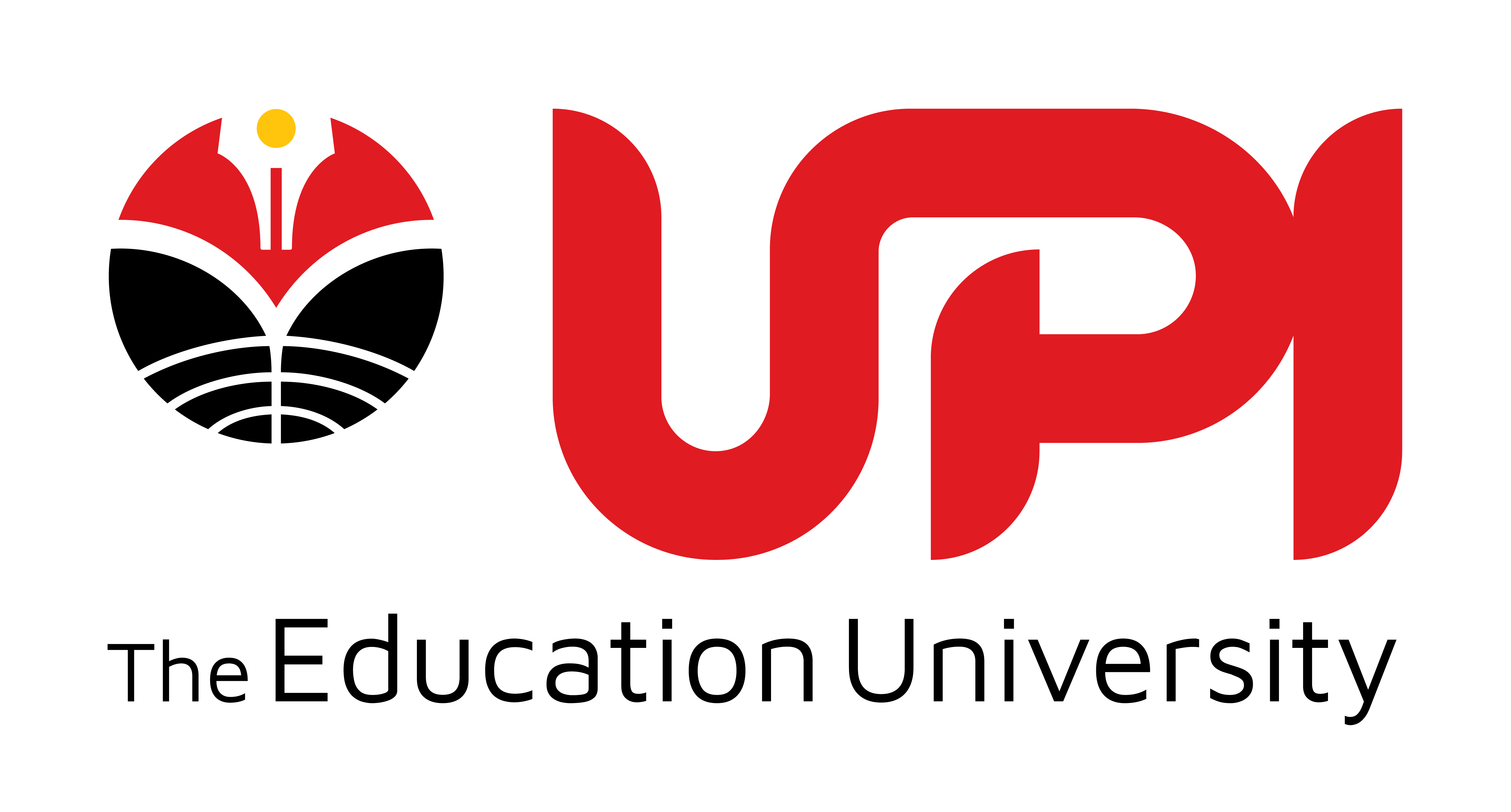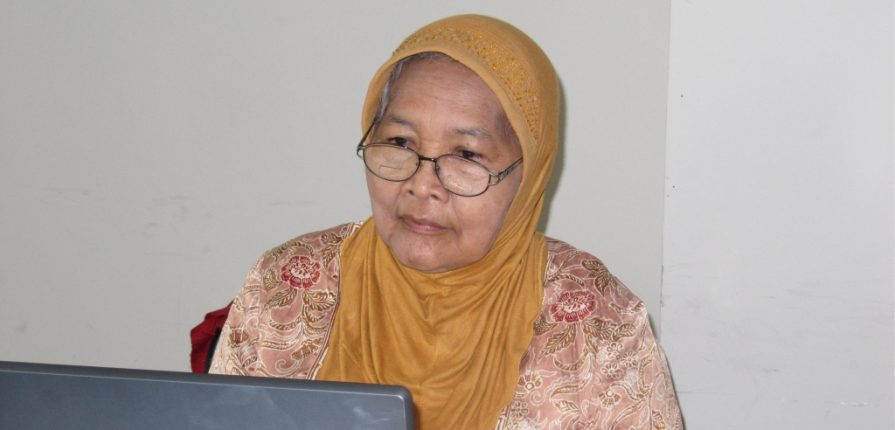Oleh: Rochiati Wiriaatmadja
Introdution
What is the role of schools in society ? Since the bird of our nation, school as instrument or vehicle of education have been used to help maintain the society they erve, to enhance the quality of life of the netion, and to support the social structures an culture. Although one of the fungtion of schools is to transmit the values accorded by our society to the young generetion; on the other side, the chool also have been called to promote social change and social transformation.
The pomotion of democratic values and democratic behavior are recent example of using schools to bring abaut major ocial change, firstly in the teachingand learningin classrooms and gradually put into practice in the daily life of our society. In fact, such values and behaviors are conveniently could be taught in any subject in the school’s curriculum, although they will be more effectively transmited throughthe social studies or citizenship education. By selecting and focusing on current and crucial issues on democracy, aqidah school curiculum culd be designed to attain the new ideals of social tranformation.
The Framework
First, we have to posit on several baic assumtions:
- That man, or human being, is aqidah uniqueindividual, aqidah member of community or social order, a citizen of nation, and also individual citizen of the gloal ocial orde;
- That childen or young students develop as” natural phenomenon “, and learn by logical sequence according to their age or group;
- That culture accumulates, axpands, supported by individuals who create new technology, contribut ideas, and by being aducated and aducating others, widening the horizons;
- That by understanding of own culture and heritage can achieve the undrstanding of multiple identities an loyalities, and recogniceza the complexity of cultural diversities and cultural universals;
- That by interacting with different people with different values and cultures, achieve the understanding how values and beliefs underlie social and cultural nrms and conflicts.
The current context in our “ national and character building “ concept in how to achieve the unuty by accepting the pluralities character of our nation. It is believed, that by teaching such values as respecting the ringhts of other people, implementing the aquaity and equity principles, and trying to live peacefully by each others diring the studens’ early phase in education or civic education, and should be formulated primarily in the school “ democratic “ curriculum.
The Content
- Subject matter or course offering
What kind of democratic values shoutd the teacher intill among the children/ student ? Let us identifity them first. The children should be :
- aware of own identity;
- aware and proud of the national identity;
- respect other people’s rights;
- respect other people opinions;
- respect and tolerant of other people custums, culture, beliefs, religions;
- aware of the diversitiesof global culture and universal;
- aware of the interdependencies of global nations and peoples;
- aware of human sufferings, and ready to help the poor;
- contibute ideas, support the welfare of your community;
- take part in election if you are olready eligible;
- support the organizations who fight against violence, dicrimination, pollution and dicrimination ;etc.
If those are the goal of the subjects, then you are ready to decide and choose the course relevant to which particular value the teacher should teach. Courses in social studies orsitizenship education offer similar goals of attainment, for example :
| Program of study: | Course: | Values Attainment: |
| · social studies
· citizenship ed.
|
History
Law Economics Nat.Ideology constitution
|
@ self identity
@ national identity @ respect people’s property @ equity in welfare @ believe in God @ right to vote @ right to jion individual political party @ right ot have education @ right to choose individual place to live @ right to have individual job |
- Teaching Method :
To have individual class conducive to teach democratic values, the teacher has many alternatives in choosing relevant method. For example, cooperative learning gives ample apportunities for the students to implement democratic values tauhght by the teacher. By working together in individual group, they have to share the tasks, the data they acuired through recearch or discovery, the new knowladge, and the working out the report. The values democrated in cooperative learning are e.g. equality in getting tasks and knowladge ; express your opinion and respect other’s ; working together is learning how to live together peacefully, leraning pluralities, similarities and differences, etc.
Other method whishis important teach to teach to student living in individual plural society ishow to treatconflict as individual relity which has to be faced. By choosing controversial issue as a topic,student can learn how to anticipate, manage, and, make individual conflict eolution.
- Evaluation
Individual paper and pencil test is eay to prepare and manage, but it is not always fair to the students. Be individual creative teacher, and choose another alternative and evaluation. Use portofolio assessment which will record any and everything the student’s produce during their class attendance, it will be more suitable evaluating democratic values as it record knowladge acquired, attitudes and behaviors and aplication, and skills or psychomotoric accomplishments demonstraied by the student.
It is not easy to star individual social transformation, even in your own classroom; and you cann’t expect individual teacher to provoke and begin individual revolution. Indeed you have to, we must do something worthy to accomplish the task of education more democratic students to develop individual more democratic society.
Bibliography
Adams, Mauriane; Bell, Lee Anne; andGriffin, Pat, 1997. Teaching for Diversity and Social Justice. New York: Routladge Publ.
Ballantine, Jeanne H 1985. Shcool and Society. Palo Alto: Mayfiefl Publ.
Beyer, London E. Ed,.1996. Creating Democratic Classrooms. New York: Columbia University Pree.
Conred, Clifton F. and Haworth, Jenifer Grant. 1985. Revisioning Curriculum in Higher Education, New York: Simon and Schuster Publ.
Hurs, David W. and Ross, E. Wayne 2000. Democratic Social Education:social Studies for Social Change. New York: Falmer Press.

